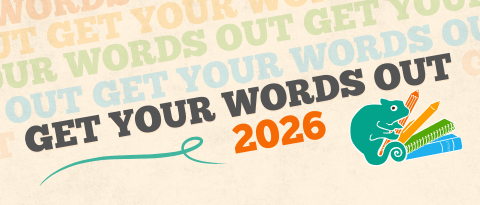(no subject)
The heroine of Rooftoppers is orphan Sophie, found floating in a cello case the English Channel after a terrible shipwreck and adopted by a charming eccentric named Charles who raises her on Shakespeare and Free Spirited Inquiry. Unfortunately the English authorities do not approve of children being raised on Shakespeare and Free Spirited Inquiry, so when they threaten to remove Sophie to an orphanage, Charles and Sophie buy themselves time by fleeing to Paris in an attempt to track down traces of Sophie's parentage.
Sophie is stubbornly convinced she might have a mother somewhere out there who survived the shipwreck! Charles is less convinced, but willing to be supportive. On account of the Authorities, however, Charles advises Sophie to stay in the hotel while he pursues the investigation -- but Sophie will not be confined! So she starts pursuing her own investigations via the hotel roof, where she rapidly collides with Matteo, an extremely feral child who claims ownership of the Paris roofs and Does Not Want want Sophie intruding.
But of course eventually Sophie wins Matteo over and is welcomed into the world of the Rooftoppers, Parisian children who have fled from orphanages in favor of leaping from spire to steeple, stealing scraps and shooting pigeons (but also sometimes befriending the pigeons) and generally making a self-sufficient sort of life for themselves in the Most Scenic Surroundings in the World. The book makes it quite clear that the Rooftoppers are often cold and hungry and smelly and the whole thing is no bed of roses, while nonetheless fully and joyously indulging in the tropey delight of secret! hyper-competent! child! rooftop! society!!
The book as a whole strikes a lovely tonal balance just on the edge of fairy tale -- everything is very technically plausible and nothing is actually magic, but also, you know, the central image of the book is a gang of rooftop Lost Kids chasing the haunting sound of cello music over the roof of the Palais de Justice. The ending I think does not make the mistake of trying to resolve too much, and overall I found it a really charming experience.



